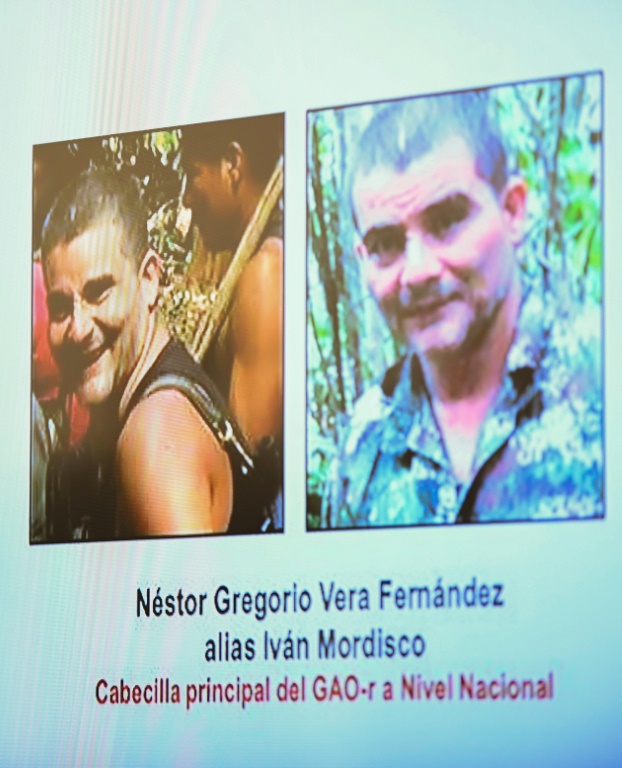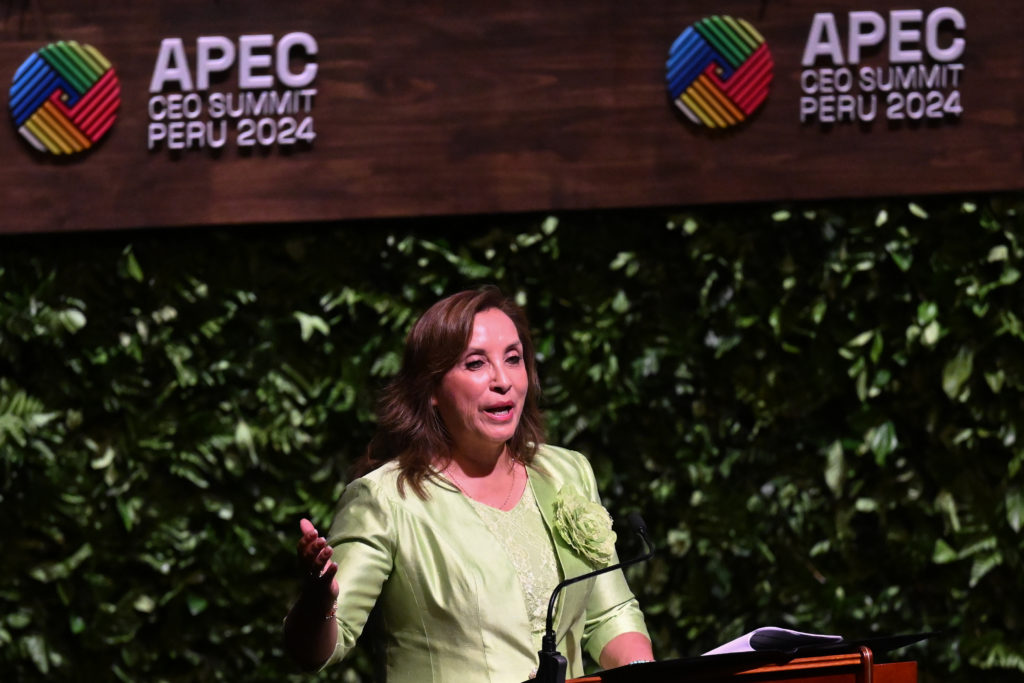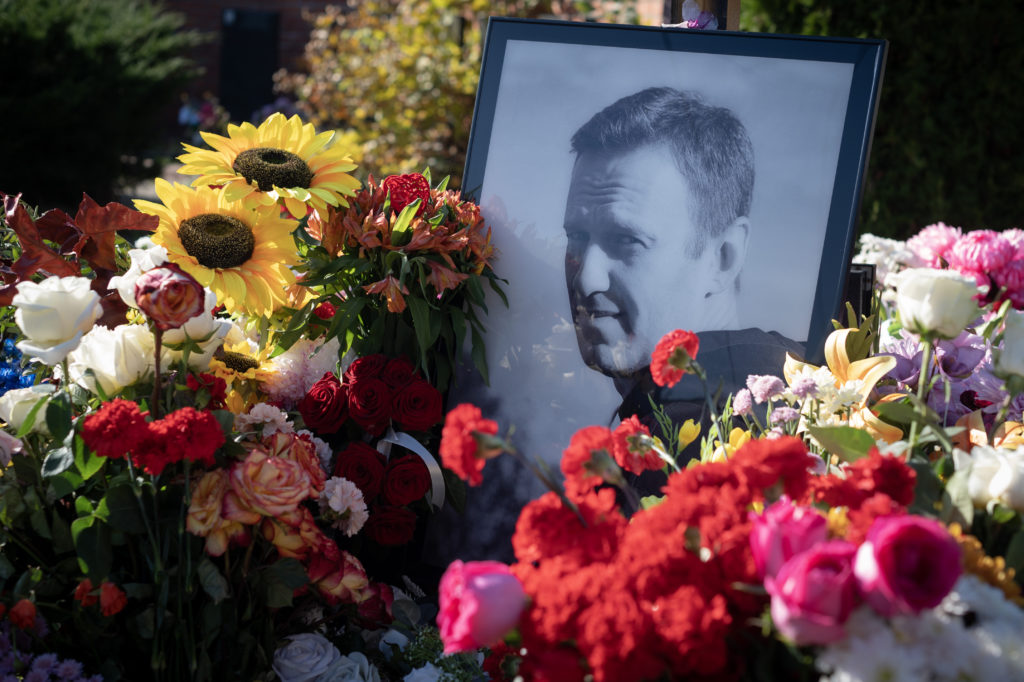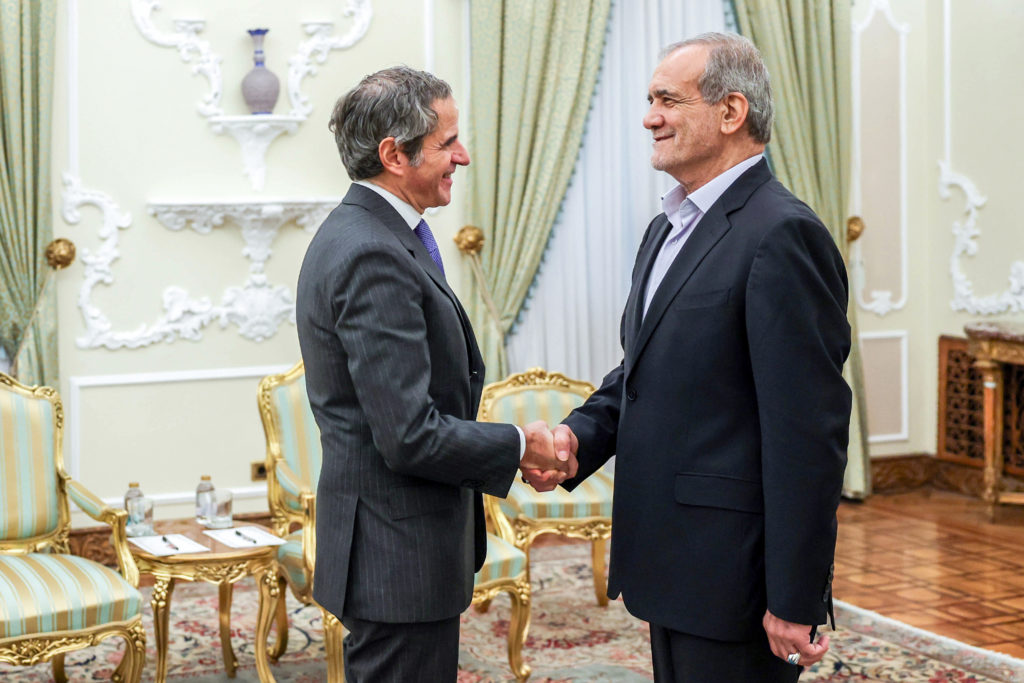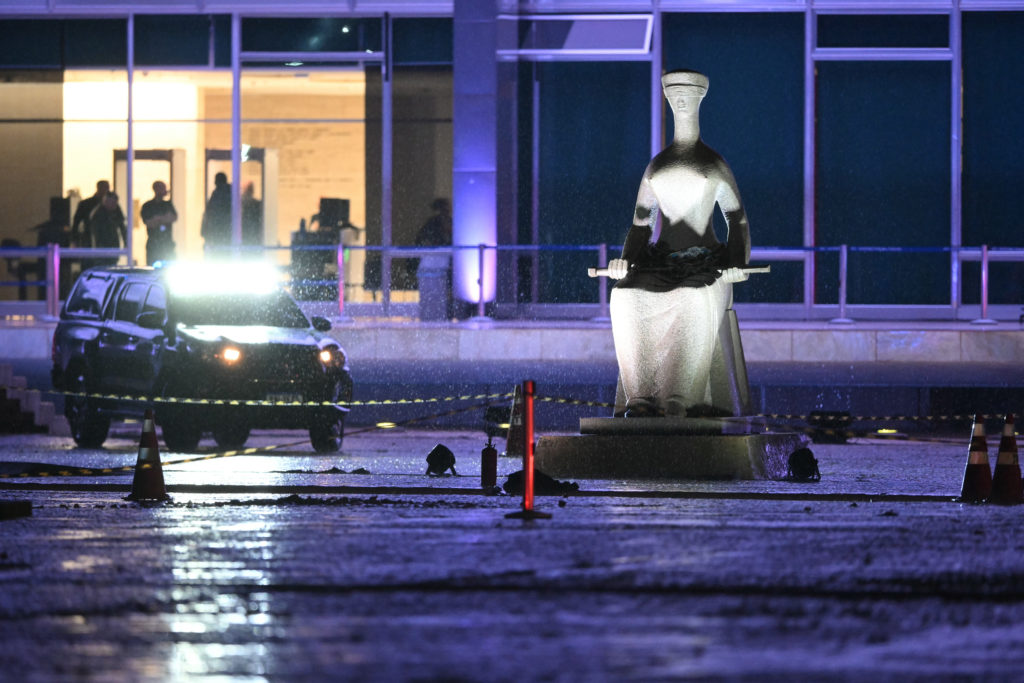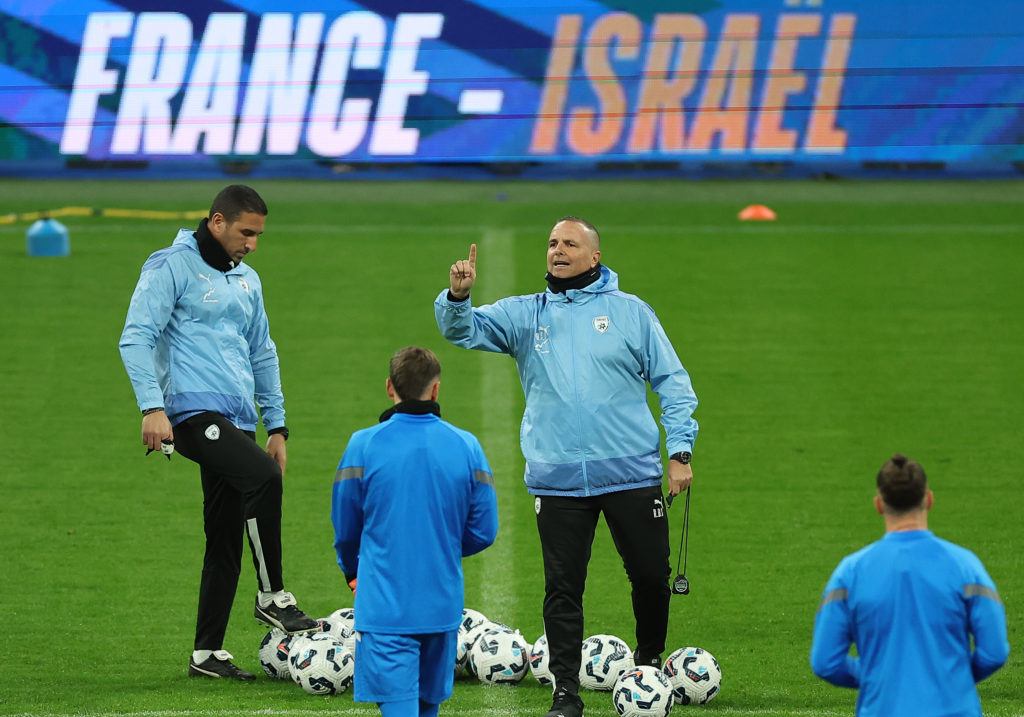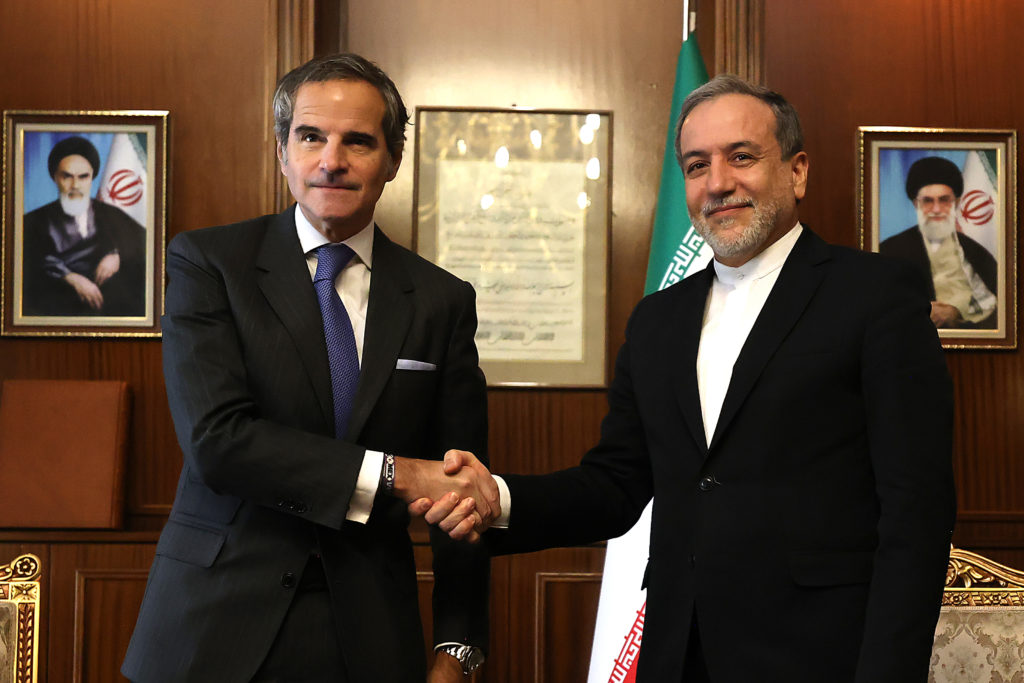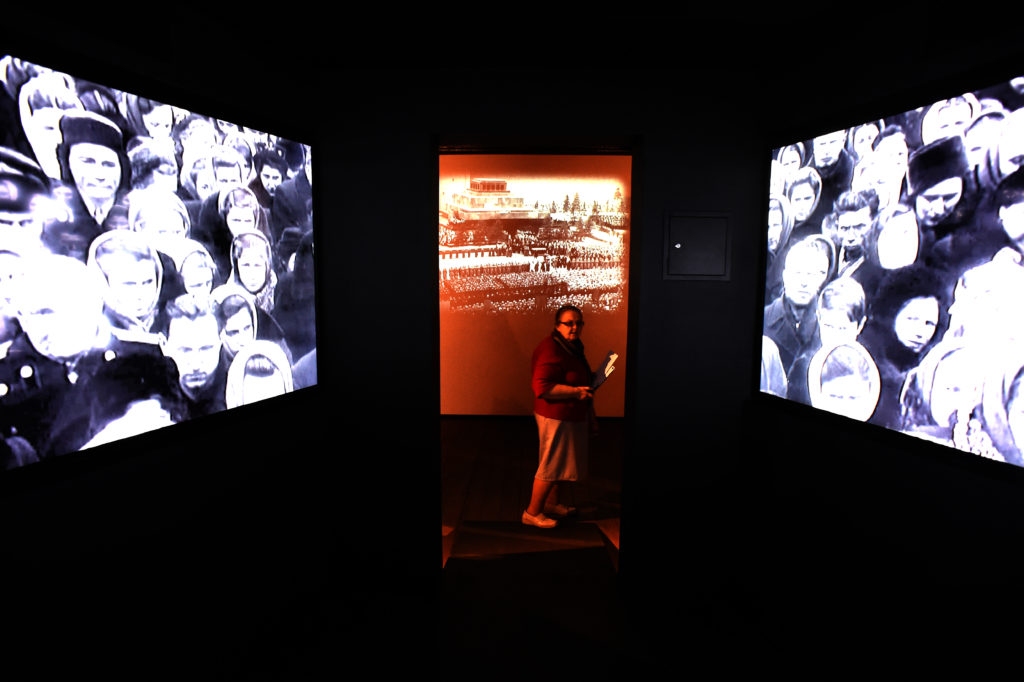Colombian forces have killed FARC dissident leader Nestor Vera and nine other rebels in a raid in the country’s southwest, the defense minister said on Friday.
The operation “allowed us to neutralize nine individuals on the FARC dissident frontline as well as… Ivan Mordisco,” minister Diego Molano told reporters, using Vera’s nom de guerre.
“The last major leader of the FARC has fallen,” Molano added, and described this as the “final blow” to the renegade movement.
Hundreds of dissidents of the Revolutionary Armed Forces of Colombia, or FARC, have continued fighting after their comrades lay down arms under a 2016 peace accord that ended more than half a century of armed conflict.
Vera, one of Colombia’s most wanted men, recently took command of a group of some 2,000 dissidents, the so-called Armando Rios front, after the presumed death of leader “Gentil Duarte” in fighting with a drug gang in neighboring Venezuela in May, according to Colombian intelligence.
A reward of $700,000 had been on offer for information on Vera’s whereabouts.
Some 500 soldiers were deployed in the Colombian jungle several weeks ago on a mission to find Vera, according to General Luis Fernando Navarro.
Vera and his comrades were ultimately killed in an air force-led operation on July 8.
– ‘Fundamental blow’ –
Just months before the 2016 agreement was signed, Vera became the first FARC leader to renounce the peace process with several of his subordinates.
Despite the agreement, Colombia has seen a flare-up of violence due to fighting over territory and resources among the dissidents, the hold-out ELN rebel group, paramilitary forces and drug cartels.
The government says Vera and his men were engaged in a fierce dispute over drug trafficking routes with another dissident faction called Segunda Marquetalia, led by former FARC chief Ivan Marquez.
Marquez had signed the 2016 peace pact only to take up arms again, in 2019.
Bogota says Marquez was injured in a recent attack in Venezuela, and is hospitalized there, though Caracas said this was mere speculation.
“Today in Colombia there are none of the leaders, the big capos of the former FARC… it is a fundamental blow to the plans they had for regeneration,” said the defense minister, Molano.
With no unified command, FARC dissident fighters are thought to number some 5,200 scattered around the country, according to the Indepaz monitoring group.
They are financed mainly by drug trafficking and illegal mining.
The majority are new recruits who were never FARC members, according to Indepaz.

